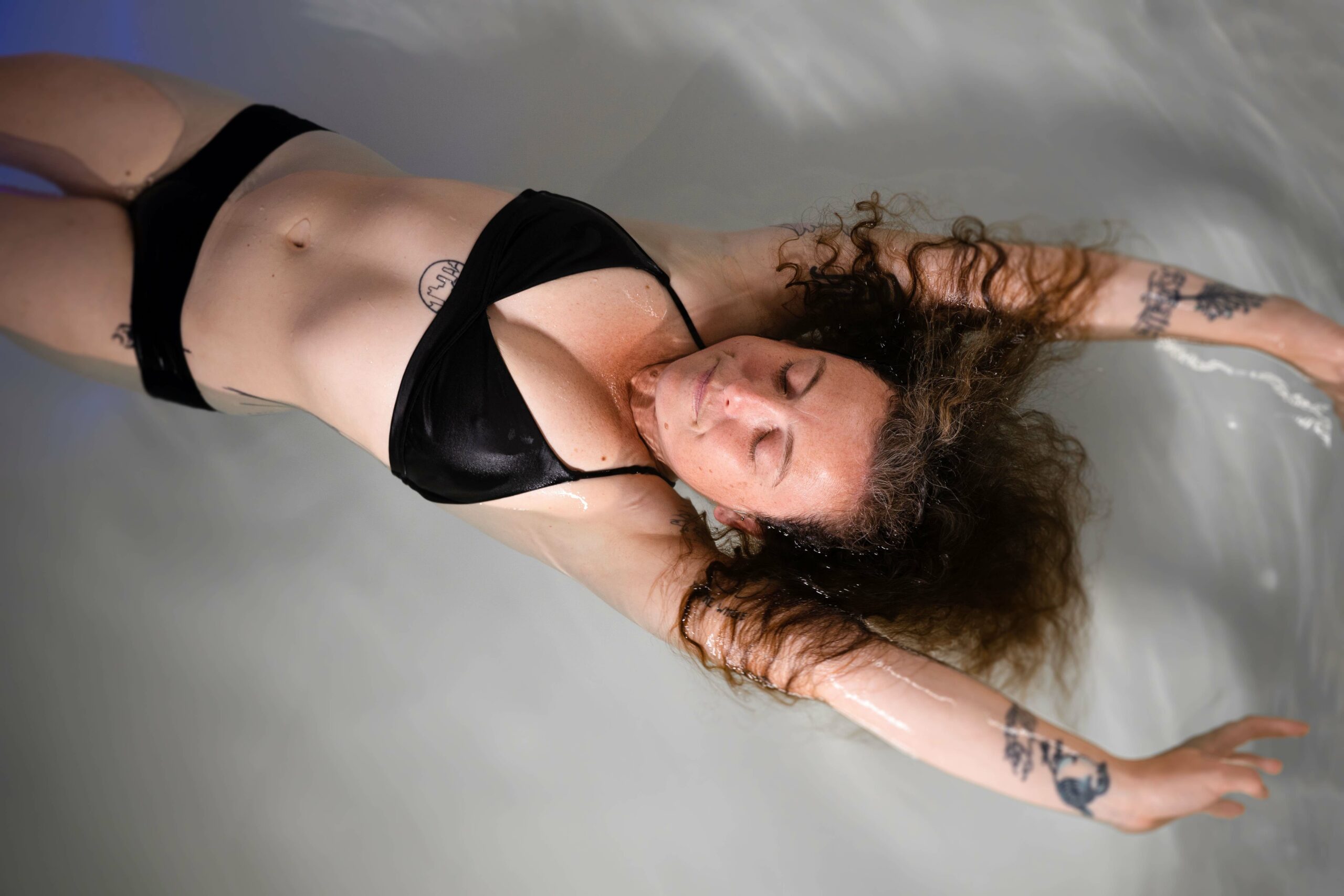The practice of floating will still be new for many people, yet evidence demonstrating that float therapy can be effective in treating sleep problems including insomnia, already spans decades.
Most experienced floaters will attest to the idea that you probably should float at least three times before getting the full benefits, and it’s seemingly true that benefits do compound the more you do it. That said, we’ve had many people letting us know they’ve enjoyed the best night’s sleep of their lives after their first session.
So why does it help?
There are a number of ways that floating is thought to improve sleep, some of which are still being understood, but it seems likely that both the hormonal re-balancing the body can achieve whilst deeply relaxed in a float pod, in turn allows the mind to quieten, helping you get to sleep more easily, naturally. Cortisol is often referred to as the ‘stress hormone’, and has been shown to reduce by ~20% in one float session, plus unlike exercise, floating can also reduce adrenaline which is regularly linked to insomnia.
A 2017 study showed some intriguing results on how brain activity alters during floating, in ways that mimic aspects of sleep itself. Using an EEG to monitor brainwaves, it was shown that brain activity and consciousness reached deep states of relaxation – commonly people reached ‘Theta state’, which is where brainwaves actually slow down similar to during Stage 1 sleep. During Stage 1 sleep, the body is in a regenerative state, consciousness is mixed between waking and sleeping, blood pressure drops, and people’s thoughts can roam with a feeling of being cut free from time.
Having been through a personal journey on how to improve sleep, it’s often shocked me how willing people are to move onto prescription drugs that have been shown to be addictive, and potentially harmful.
There can be underlying physical conditions that floating won’t fix the cause, so it’s best to seek specialist medical advice with serious sleep issues that can’t be answered by looking at lifestyle. That said, it can very likely provide the rest that sleep might not provide, and a large percentage of the population who report issues from sleep might very well feel significant improvements from their first session.
To find out if it helps you, why not book a float? Float Hub members also have access to a recognised sleep expert, including a free sleep consultation to assess lifestyle influences, and provide expert guidance on sleep hygiene.




